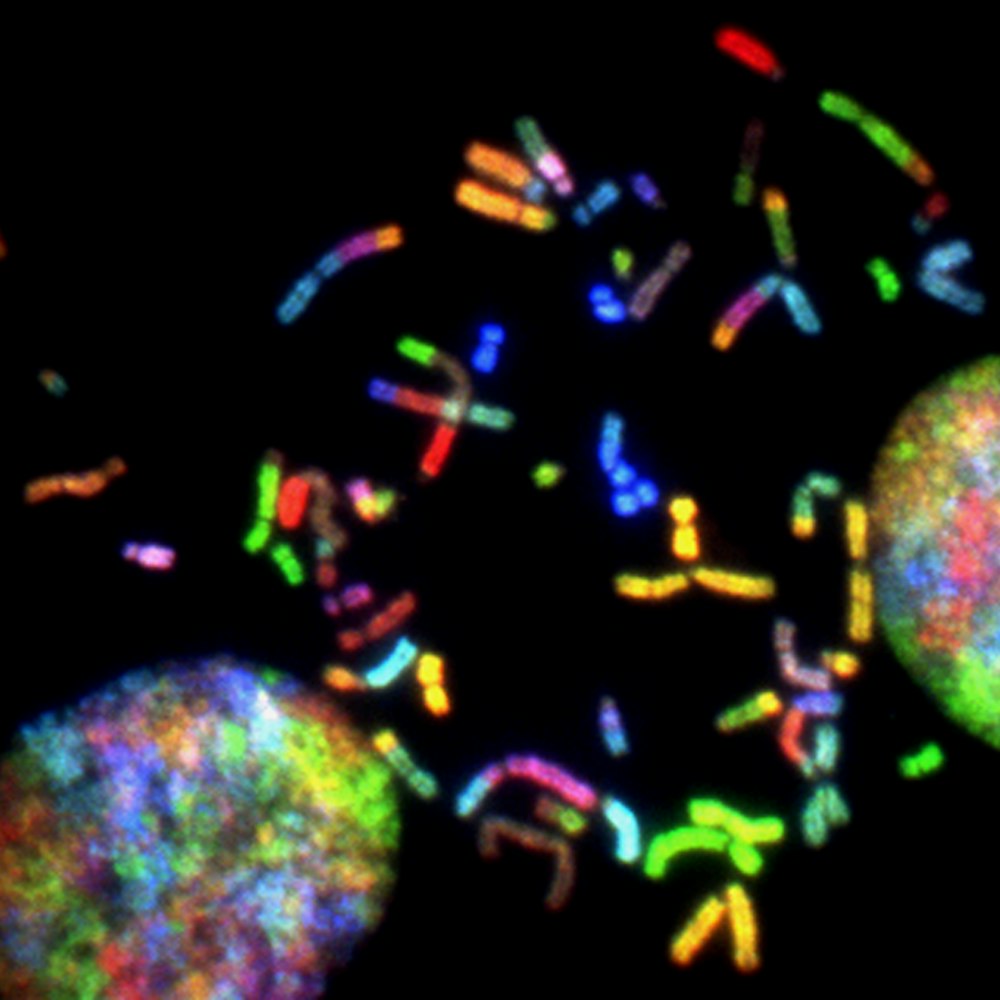Week In Review: China's Hansoh Signs Two SiRNA Deals Worth $1.7 Billion
Image Source: Unsplash
Deals and Financings
- Hansoh (3692.HK), a Jiangsu Province biopharma, announced a $1.3 billion deal to develop three siRNA candidates from London's Silence Therapeutics (SLNCF) (see story). In the past week, Hansoh also revealed a $456 million deal with Korea's OliX Pharma for China rights to three other siRNA molecules. In the agreement with Silence, Hansoh will have an option for rights to the first two targets in Greater China following Phase I trials. Hansoh will also have an option for global rights to a third target at the point of IND filing. Hansoh will make a $16 million upfront payment and pay up to $1.3 billion in milestones.
- Hangzhou Microtech Medical (2235.HK) staged a $233 million IPO on the Hong Kong Exchange to support its portfolio of diabetes care products (see story). The company has developed products that include a closed loop artificial pancreas, a second-gen patch insulin pump system, continuous glyclose monitoring, and IVD devices. With its R&D, manufacturing, and commercialization capabilities, Microtech aims to provide a whole-process platform of diabetes products that address monitoring, treatment, and chronic disease management. The IPO priced the company at a market capitalization of $1.7 billion.
- ShouTi, a San Francisco-Shanghai biopharma, closed a $100 million Series B financing led by BVF Partners that included other China and US investors (see story). The company uses advanced computational and structure-based technology to discover and develop novel drugs. The proceeds will be used to advance ShouTi's discovery platform, which designs oral medicines with properties that overcome limitations of current biologic and peptide drugs. Schrödinger (SDGR), a New York City company that uses advanced molecule simulations to discover drugs, is a co-founder and strategic partner of ShouTi.
- Chase Therapeutics, a Washington, DC clinical stage pharma, completed a milestone-based $20 million Series B financing led by Chinalink Asia Holdings of Hong Kong (see story). Since its inception in 2016, Chase has focused on translating breakthroughs in neurosciences research into therapies for central nervous system dysfunction. The company will use the proceeds of the B round to support Phase III pivotal trials for its lead candidates, one for Major Depressive Disorder (MDD) and the other for Parkinson’s Disease (PD), along with developing a product to diagnose early-stage Parkinson’s.
- Shanghai Antengene (6996.HK) formed a research collaboration with Korea's LegoChem Biosciences (141080.KQ) to generate antibody drug conjugate candidates (see story). The two companies will apply LCB's ADC technology platform to create the ADCs using Antengene's antibodies. Antengene will have an exclusive option to in-license global rights to candidates from the program while, after option exercise, LCB will receive an upfront payment, milestones and royalties on each. Antengene has 13 products in development.
- China Resources Double-Crane Pharma acquired Asia rights to a novel oral COVID-19 antiviral therapeutic compound developed by California's Ligand Pharma (LGND) (see story). The candidate was discovered using Ligand's BEPro proprietary prodrug technology that is aimed at nucleotides and nucleotide analogs. Ligand says the technology produces candidates with improved efficacy and safety profiles. CRDC, which will be responsible for all costs for developing the antiviral in Asia, will make an upfront payment to Ligand, plus pay milestones and tiered royalties on net sales.
Trials and Approvals
- Shanghai Zai Lab (ZLAB) reported positive results from a Phase III trial of a novel antibacterial in patients with infections caused by Acinetobacter baumannii (see story). In 2018, Zai acquired China/Southeast Asia rights to SUL-DUR in a $100 million agreement with Entasis Therapeutics (ETTX) of Cambridge, MA. In the jointly conducted global trial, SUL-DUR showed significant improvement in clinical response for SUL-DUR over colistin, while reducing nephrotoxicity. Acinetobacter is a Gram-negative human pathogen that can acquire high rates of multidrug resistance.
- Suzhou Innovent (1801.HK) reported its PD-1 inhibitor met its progression free survival endpoint in the first interim analysis of Phase III NSCLC trial data (see story). The trial combined Innovent's approved PD-1, Tyvyt® (sintilimab) with its anti-VEGF Byvasda® (bevacizumab biosimilar) and chemotherapy. It enrolled patients with epidermal growth factor receptor mutated nonsquamous non-small cell lung cancer that progressed after treatment with an EGFR tyrosine kinase inhibitor. Sintilimab is already approved in China for use in two other NSCLC indications.
- Suzhou Kintor Pharma (9939.HK) was approved to start a Phase I China trial of its dual-targeting PD-L1/TGF-β antibody in advanced solid tumors (see story). According to the company, GT90008 has high inhibiting activity of both PD-L1 and TGF-βR2 with potential to be a best-in-class drug globally. In August 2020, Kintor acquired Greater China rights for GT90008 from Gensun, a US company. Kintor is a clinical-stage biotech that develops innovative small molecule and biological therapeutics for androgen-receptor-related diseases.
- United BioPharma, a Taiwan-China company, will start a clinical trial of its novel long-acting treatment for genital herpes caused by simplex viruses 1 and 2 (HSV 1 and HSV2) (see story). The company will conduct the trial together with the Shanghai Public Health Clinical Center and Taiwan's Cheng Kung University's Department of Microbiology and Immunology. UB-621, administered via subcutaneous injection, targets surface glycoprotein gD, which has been shown to inhibit viral entry into cells. The trial will serve as a basis for a China-US Phase II trial of the candidate.
Company News
- Shanghai I-Mab will build a San Diego laboratory focusing on translational medicine and formulation research (see story). The company said the state-of-the-art facility will house an integrated laboratory and office space that will strengthen its global development capabilities and facilitate cross-border China/US clinical studies. In 2018, I-Mab established a clinical trial/regulatory affairs office in Gaithersburg, Maryland. I-Mab was formed in 2016 when CBC Group and Tasly Pharma merged two China entities and seeded the company with $150 million in initial capital.
Disclosure: None
Comments
Please wait...
Comment posted successfully
No Thumbs up yet!




